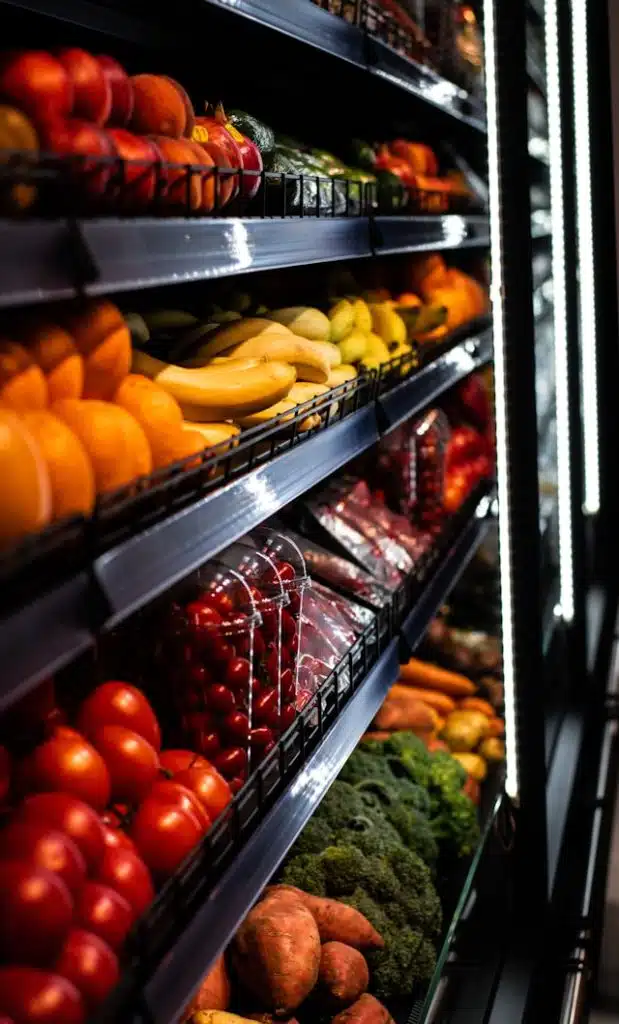MPs might be on their summer break but what can you be doing to prepare for the next parliamentary term?
August in Westminster is a quieter time. Government grinds to a halt as MPs return home to continue business back in their elected constituencies. This downtime in the political calendar grants companies a rare breathing space – and the opportunity to turn attentions to resetting government relations plans and preparing for the parliamentary year ahead.
Before parliament returns on 1 September, businesses should be taking the time to think about how to best prepare for the government’s second year in office. Although parliament is in recess, there’s still plenty we can be getting on with to develop an effective strategy and work towards policy objectives. From strengthening stakeholder engagement strategies to assessing regulatory risk, the planning taken now will make the crucial difference between scrambling to adapt to policy announcements and confidently navigating the next wave of policy decisions.
So, what should businesses be thinking about during these summer months?
Engaging with the civil service
While parliament draws to a close over the summer, the civil service remains central to ensuring the smooth operation of public services. Officials continue to work on the implementation of government policies, running consultations, and preparing for the legislative activity that is set to resume in the autumn.
For businesses, the absence of parliamentary activity offers a valuable opportunity to take stock of their existing relationships with civil servants, assess the strength of those channels of communication and identify where they could be expanded. Civil servants tend to be a bit quieter over summer too, so it’s the perfect time to catch up over a coffee in preparation for the year ahead.
Monitoring Parliamentary Committees
Similarly to the civil service, parliamentary committees continue their business while MPs are away. Staff continue to work behind the scenes, launching calls for evidence and meeting businesses in their sectors of interest. In recent weeks, we’ve seen a flurry of committee activity affecting the agri-tech space.
The Science, Innovation and Technology Committee have launched an inquiry into innovation and global food security, actively seeking to hear from agri-tech businesses about how new agricultural practices can catalyse food production. Each Committee’s reports, which are written using the evidence submitted to the inquiry, land directly on ministers’ desks – offering businesses the space to communicate exactly what they need from government to succeed.
Can we also add the health one here? One of the focuses of the health one is healthy food and many of the agri-tech businesses focus on improving nutritional content e.g. precision breeding.
Preparing for Party Conferences
The annual party conferences mark a significant moment in the political calendar. Taking place over September and October, each conference allows parties to set their political agenda and rally support from members and industry. For Labour as the governing party, this means actively listening to and engaging with businesses of all sizes to better understand their priorities, concerns, and capacity to contribute to the party’s core objective of economic growth. With agri-tech flagged as a frontier industry within the government’s industrial strategy, the party conference will provide a useful avenue for businesses within the sector to raise their profile with government.
For opposition parties, conferences are a critical space for developing and refining alternative policies that can challenge the government’s agenda. Without the responsibility of running departments day-to-day, opposition parties can use this time to strategise ideas that could credibly form the backbone of their next election manifesto.
Meeting with MPs
Although MPs are back in their constituencies during recess, they are not on officially out of office. During this time MPs turn their attentions to local priorities, such as meeting constituents, visiting community projects and engaging with businesses in their area. Businesses, and especially those developing cutting edge agricultural technology, should think about inviting MPs to visit their sites to see first-hand innovation in the sector. Demonstrating tangible contributions to local employment, food security, environmental sustainability, or economic growth can help MPs see how your business aligns with their constituents’ interests and supports the government’s wider priorities.
Building and strengthening relations with MPs is at the core of effective political engagement. An MP who understands your business and believes in its potential can be a powerful advocate by championing your work in parliament or connecting you with relevant ministers and officials.
Although the political pace of the parliamentary summer recess might feel slower, this is no time for businesses to wind down. Whether through strengthening relationships with civil servants, preparing for the party conference season, or engaging directly with MPs in their constituencies, the weeks remaining weeks until 1 September grant businesses the time to reassess their political engagement. Using this time productively will enable businesses to position themselves as constructive partners to government, trusted to feed into the conversations that will shape Labour’s next year in office and beyond.




